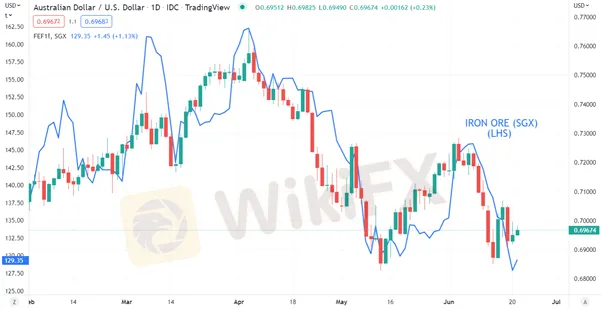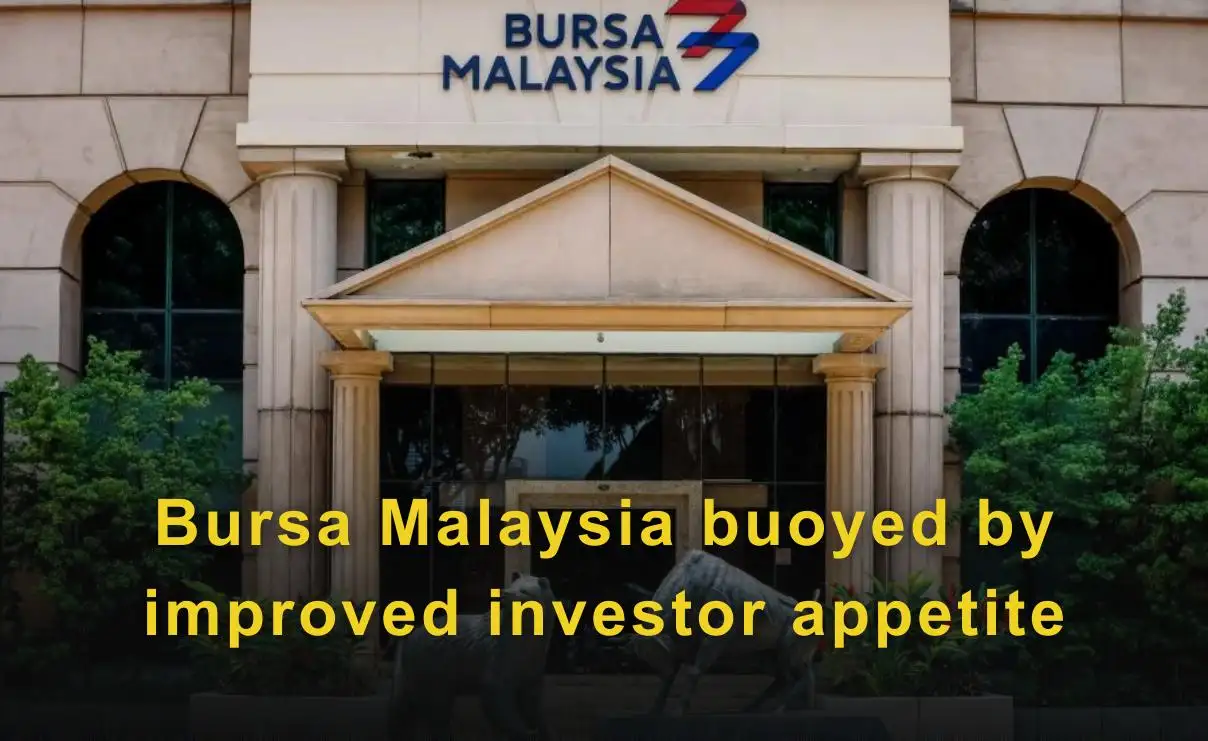Click Here: After you read it, Daily Routine with WikiFX
The Australian Dollar hasn't changed since the RBA spent the morning talking to the public.
The RBA's media department has had a busy day. Their review of their yield curve control (YCC) program was published, Governor Lowe gave a speech, and the minutes from the June meeting of the monetary policy committee were made public.

Dr. Lowe was giving a speech in Sydney at an event put on by the American Chamber of Commerce. He basically went over the main points of the YCC review again and said the same things he said last week.
Most importantly, the RBA thinks that inflation will reach 7% in the December quarter and that the cash rate could reach 2.5% later this year.
The RBA famously gave up on the YCC program in November 2021, when underlying conditions and the market forces they caused simply made it useless.
The RBA knows that YCC had problems and that when the bank left the program, it hurt its reputation. Most notable was the volatility in the markets when fundamentally it no longer made sense to aim for a certain yield in a certain bond.
The bank said that the fact that it had said an exit from YCC would happen in 2024 was a big problem. When the policy was put into place, it was thought that the economy would grow at a slower rate and at a lower level than it did.
When it comes to inflation, Dr. Lowe pointed out three things that the bank thinks will bring inflation back to their target of 2% to 3% next year:
Pandemic supply problems will be fixed over time.
Technically speaking, inflation is the rate at which prices change, not the level of prices. For inflation to stay high, prices need to keep going up. (This is what the Fed called a “base effect”)
Tightening the world's monetary policy.
All of these are possible options, but they could also cause problems. At the very least, the demand side of inflation is the only thing a central bank can control. The RBA has made it clear that policy is getting tighter so that this can happen.
This week, the Australian Dollar is also being hurt by other things. The price of iron ore has dropped, as have the prices of many other industrial metals. Iron ore futures on both the Singapore Exchange (SGX) and the Dalian Commodity Exchange (DCE) are down about 20% from their April highs.
This is because people are worried about China's zero-case Covid-19 policy, which is hurting the world's second-largest economy.
Even though Beijing is trying to help with policy, sudden lockdowns keep the Chinese real estate market in a state of uncertainty.
Click Here: After you read it, Daily Routine with WikiFX








